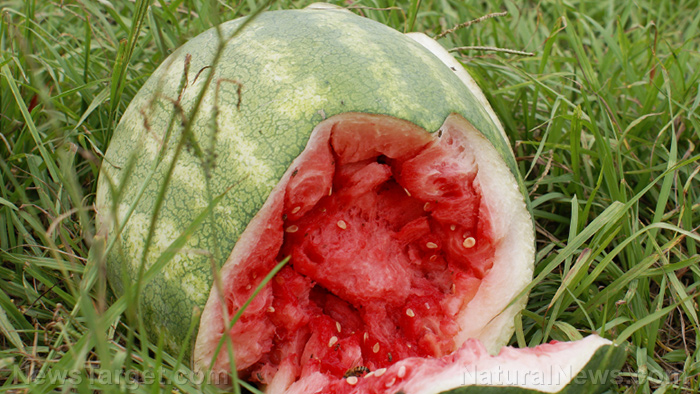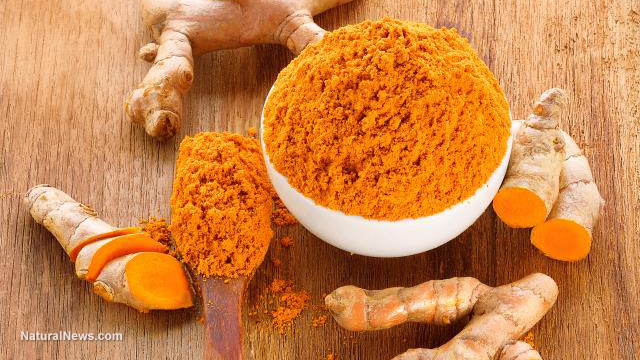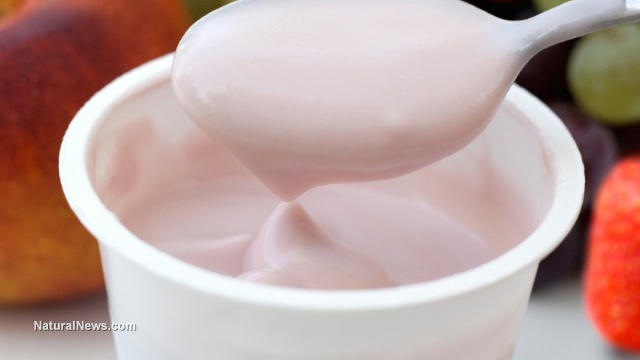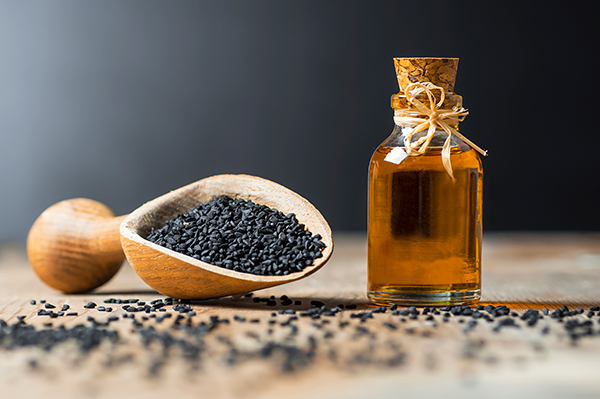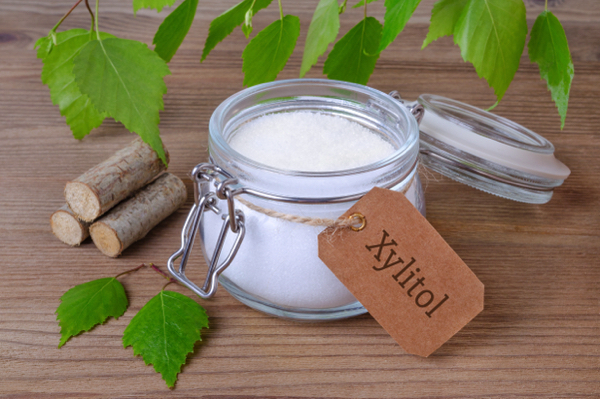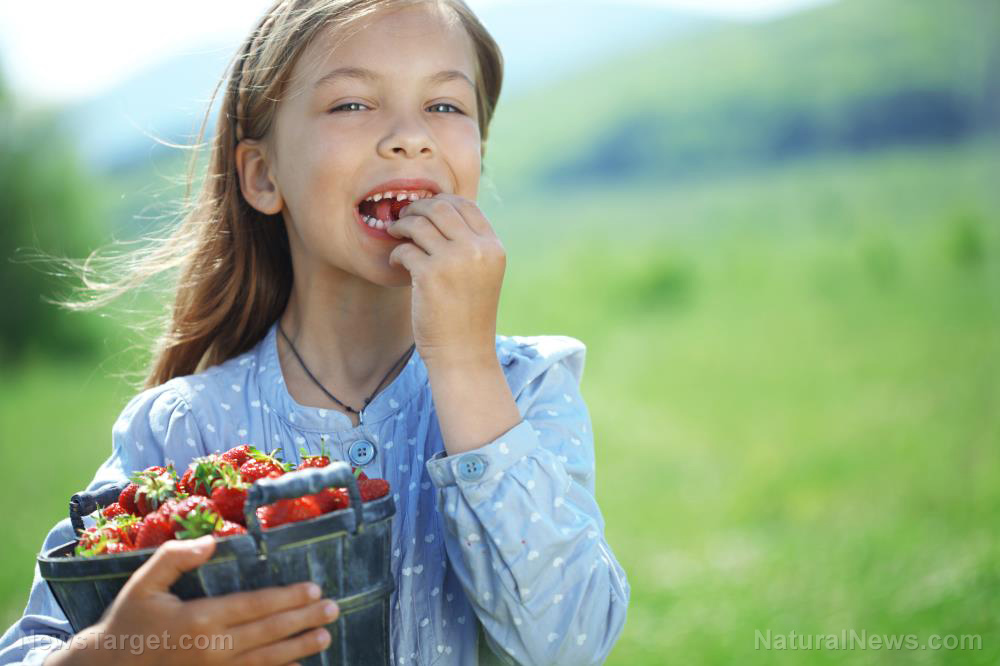Ginseng provides natural help for hair loss
06/24/2025 / By News Editors
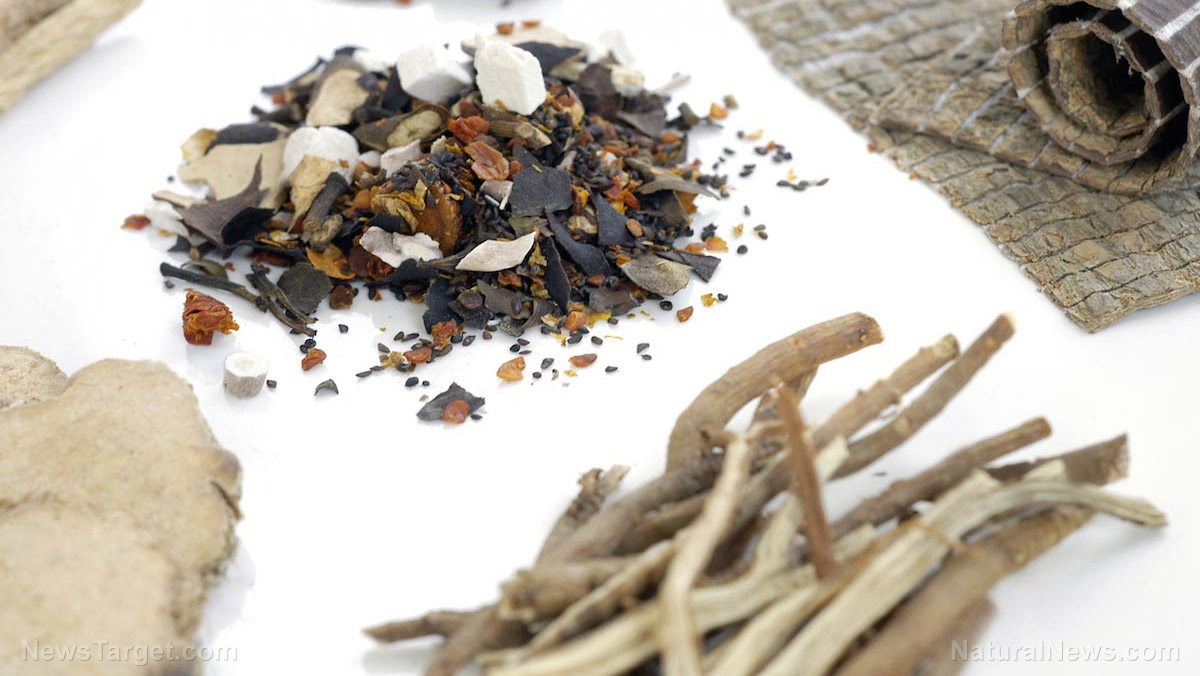
The two FDA-approved medications for hair loss come with a risk of significant side effects. Ginseng provides a powerful natural alternative
(Article republished from GreenMedInfo.com)
By the age of 35, two-thirds of men have some degree of hair loss. By the age of 50, this rises to 85%.[i] While often considered primarily a condition that affects men, women also struggle with hair loss. In fact, up to 40% of hair loss sufferers in the U.S. are women.[ii]
The U.S. Food and Drug Administration has approved two medications to treat hair loss. minoxidil (brand name Rogaine) is approved for men and women while finasteride (Propecia) is approved for men only.[iii] When minoxidil is stopped, hair loss returns, while finasteride may cause sexual dysfunction in men — and can lead to infertility and birth defects in women.[iv]
“Thus, nontoxic chemicals with persistent hair-growth promoting effects have long been sought from the vast resources of natural products,” Bu Young Choi, a researcher with Seowon University in Korea, wrote in the International Journal of Molecular Sciences.[v] Ginseng appears to be just that.
Ginseng May Promote Hair Growth
Ginseng has been treasured as an herbal remedy for thousands of years and even makes an appearance in The Herbal Classic of the Divine Plowman, the oldest collection of remedies for disease treatment, written about 2,000 years ago.[vi]
Its group of saponin compounds known as ginsenosides have received considerable attention for their health-promoting effects. In terms of hair loss, ginsenosides may promote hair growth by enhancing proliferation of hair follicles and preventing hair loss by modulating various cell-signaling pathways.[vii]
While regular sun exposure is important for good health, excessive exposure to ultraviolet radiation from the sun has been implicated in causing damage to the hair shaft and altering the hair growth cycle. Specifically, ultraviolet irradiation leads to the accumulation of reactive oxygen species (ROS) and activates tissue-degrading enzymes known as matrix metalloproteinases (MMPs).
Certain ginsenosides have been found to reduce the formation of ROS and the secretion of certain MMPs in human skin cells following exposure to UVB radiation. “The inhibitory effect of ginsenosides on UVB-induced activation of MMP2 suggests the potential of these ginseng saponins in hair-growth regulation,” Choi explained.[viii]
Ginseng’s Antiaging Potential Is Protective of Hair Growth
Ginseng has impressive antioxidant, anti-inflammatory and antiaging properties,[ix] which translate to beneficial effects on hair growth. In one study, when human skin cells were exposed to ginseng for three days, it led to significantly increased cell proliferation and collagen synthesis, without causing any adverse reaction.
The formation of wrinkles is another hallmark of aging, often linked to a reduced level of hyaluronan, a component of the extracellular matrix, in the skin. When a ginseng metabolite known as compound K was applied topically to mouse skin, it led to elevated expression of an enzyme that catalyzes the synthesis of hyaluronan (hyaluronan synthase-2).
“These antiaging effects result in improved skin health, thereby ensuring hair-follicle health and a regular hair cycle,” Choi noted.[x]
Ginseng Affects These Additional Hair Growth Factors
Because of the complex nature of natural compounds, they often exert beneficial effects via multiple avenues. Ginseng is no different. Choi highlighted several additional pathways by which ginseng may promote hair growth and prevent hair loss:
- TGF-? — Transforming growth factor-beta (TGF-?) is a protein involved in activating hair follicle cells to create new cells or initiate apoptosis, or cell death.[xi] Ginseng modulates TGF-? signaling, and red ginseng extract has been found to decrease TGF-?1 levels while ginsenosides downregulate TGF-?-pathway-related genes, leading to hair growth-promoting effects.[xii]
- 5?-reductase (5?R) –Treatment with 5?-reductase inhibitor drugs, such as finasteride, prevents the development of hair loss and increases growth of hair on the scalp. Ginsenosides have been found to inhibit 5?-reductase, leading to enhanced hair growth.[xiii]
- Interleukin 17 — Interleukin 17 (IL-17) is an inflammatory signaling molecule known to cause skin inflammation. IL-17A is thought to be involved in alopecia areata, or patchy baldness. Ginsenosides help regulate IL-17 secretion and may thereby help to enhance hair growth.[xiv]
In human studies, the addition of Korean red ginseng (KRG) to other hair loss treatments — including corticosteroid injections or minoxidil — led to significantly increased hair density and thickness compared to the drug treatment alone. Further, Choi explained:[xv]
“Combination treatment with topical minoxidil and oral KRG is more effective than topical minoxidil treatment alone for promoting hair growth. Therefore, KRG is expected to be a helpful supplement in the treatment of hair loss.”
Ginseng, meanwhile, exerts multiple beneficial effects in the human body, above and beyond hair growth. At GreenMedInfo.com’s ginseng research database, you can find 380 diseases that ginseng may positively influence.
In addition to showing promise for Type 2 diabetes, depression, obesity and high blood pressure, for instance, ginseng has neuroprotective properties. Ginsenosides, particularly ginsenoside-Rb1 and ginsenoside Rd,[xvi] even promote neurogenesis, or the formation of new brain cells.[xvii]
More Natural Options for Hair Loss
Hair loss takes a considerable emotional and psychological toll on those affected. A holistic health care practitioner can guide you on the complex underlying causes and available natural remedies. Ginseng is just the beginning. At GreenMedInfo.com, you can learn about dozens of natural substances for hair loss, including not only ginseng but also:
|
Kimchi |
Probiotics |
|
Saw palmetto |
Apple polyphenols |
|
Pumpkin seed oil |
Garlic |
|
Apigenin |
Bee venom |
|
Grape seed extract |
Hibiscus |
|
Thuja |
Vitamin D |
|
Red clover |
Peppermint |
Read more at: GreenMedInfo.com
Submit a correction >>
Tagged Under:
alternative medicine, disease treatments, nutrients, nutrition, Super foods, Xpost
This article may contain statements that reflect the opinion of the author
RECENT NEWS & ARTICLES
consumerwellness.info is a fact-based public education website published by consumerwellness.info
All content copyright © 2023 by consumerwellness.info
Contact Us with Tips or Corrections
All trademarks, registered trademarks and servicemarks mentioned on this site are the property of their respective owners.



